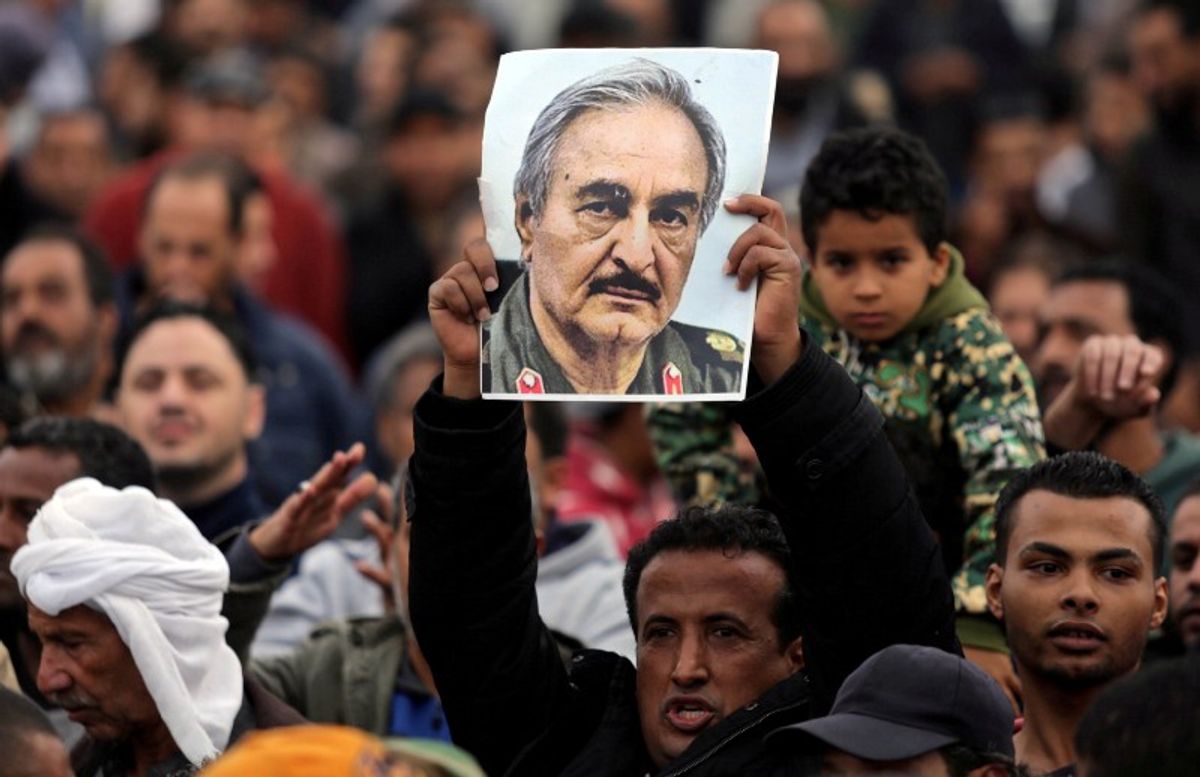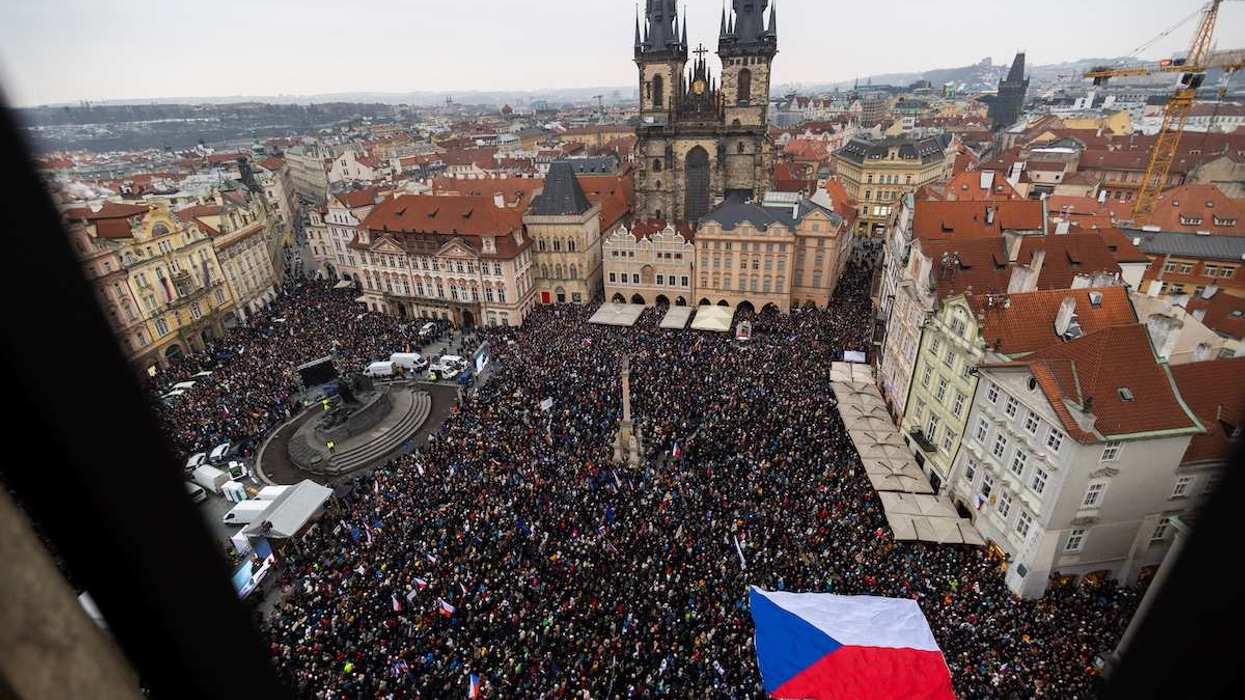It’s the question left hanging over Libya after Khalifa Haftar, the charismatic general-turned-warlord who became a key power broker after the fall of dictator Muammar Gaddafi, returned to the country following a health scare. Rumors swirled that the 75-year-old Haftar was dead after he travelled to Paris for medical treatment in mid-April, but now he’s back in his stronghold in the eastern Libyan city of Benghazi. The question is, for how long?
A quick refresher: Libya has effectively been two countries since 2015, with different factions vying for control after the civil war that followed Gaddafi’s downfall. Haftar’s Libyan National Army gained control and legitimacy in eastern Libya by taking ground ceded to Islamist insurgents and commanding authority over lucrative oil fields. An eastern government backed by Haftar continues to compete with a rival UN-recognized government in Tripoli, 800 miles to the west. It’s an uneasy duel for control of a country that is still riddled with ISIS fighters.
The first rule of being a strong man who rules over a hive of squabbling, heavily-armed antagonists is don’t ever let them think you’re a goner. That’s particularly true for Haftar, a soldier of fortune who helped bring Gaddafi to power in a 1969 coup only to spend years plotting the Libyan dictator’s ouster from exile in suburban Virginia after falling out of his good graces. For such a larger-than-life figure, the mere appearance of weakness can be a cue for potential rivals. (Haftar, who told the crowd gathered to meet him in Benghazi that he “should be addressing you standing up but I am obliged to do so sitting down,” seems keenly aware of this).
Why this matters outside Libya: If the general’s grip slips, the resulting power vacuum could give ISIS room to grow, and refugee flows would become harder to manage. That would be a problem for Italy especially. And if militia groups that have been loyal to Haftar launch a chaotic grab for the region’s crude supply, the price of oil could rise further. That would hit you in your wallet.


















